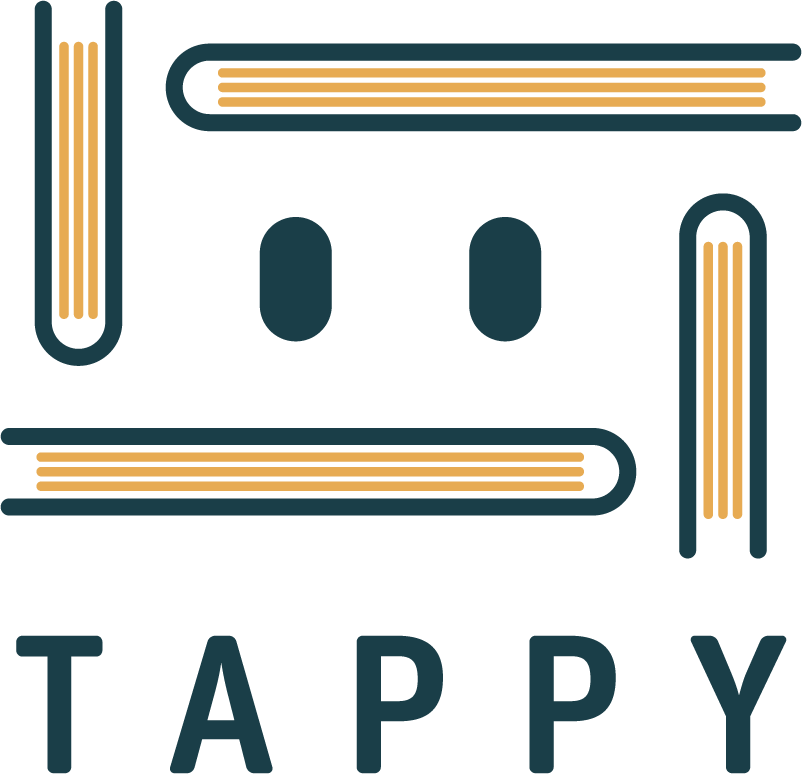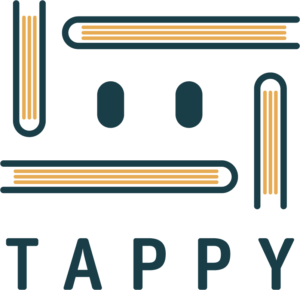Feedback. Everybody needs it and we often don’t want to hear it. Teachers included. Teaching is an art, its subjective, its personal. When somebody is giving you feedback on your art you tend to become defensive, right? It’s our practice and the way we do things in our classroom. But that doesn’t mean we can’t improve that practice and have a growth mindset. In order for us to better except feedback on our instructional practice we need trust, specificity, and to see the value.
First and foremost, we have to trust the person giving us that feedback. I won’t dive too deep here because that would take pages, but there are certain qualities that build trust between administration and teachers. When teachers see their administrator as capable, someone who knows their craft, and is working directly for them, they view that person as someone they can trust. They are not a threat, and we welcome their collegial dialogue.
Second, being specific gives the teacher a perspective that this person is focused on me, wants to spend the time to know my class, and can offer actual feedback that may improve my practice. Getting the old “great job” and “keep up the good work” is fine but having someone that understands your content and pedagogical approach heightens the feedback experience and promotes a collegial environment.
And finally, I believe the other two areas create this one: Value. We value admin feedback when we trust them, and when they are specific about our practice. When teachers see value, they are more receptive and engaged. This can lead to a learning cycle where teachers practice reflection, pursue real professional development, and move to a growth-mindset.
So how can we foster this in our schools?
Admin: Be servants in your schools. Put teachers and students first before all the other things you must do throughout your day. If you have a service mindset, you will foster trust with your staff.
Teachers: Bring back collegiality. Its ok to have debate centered discussions, in which we do not ultimately agree. Try to view your instructional practice from different points of view and have open conversations about other approaches, methods, and ideas.


Leave a Reply